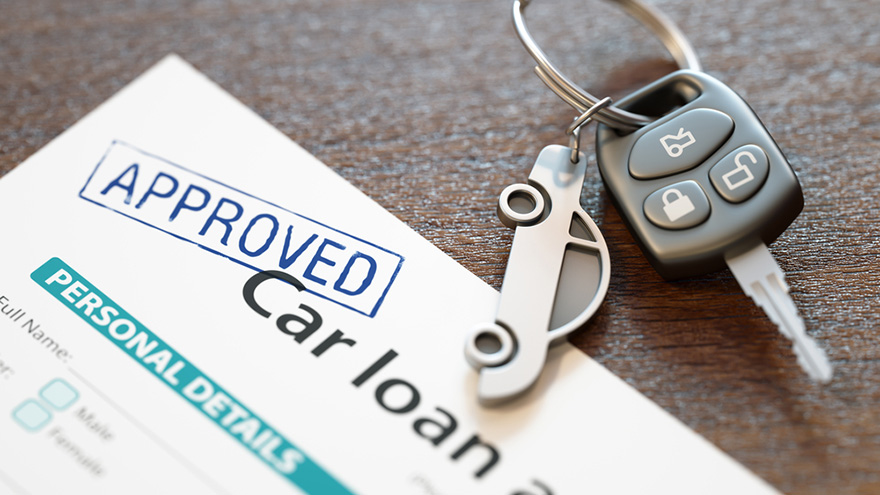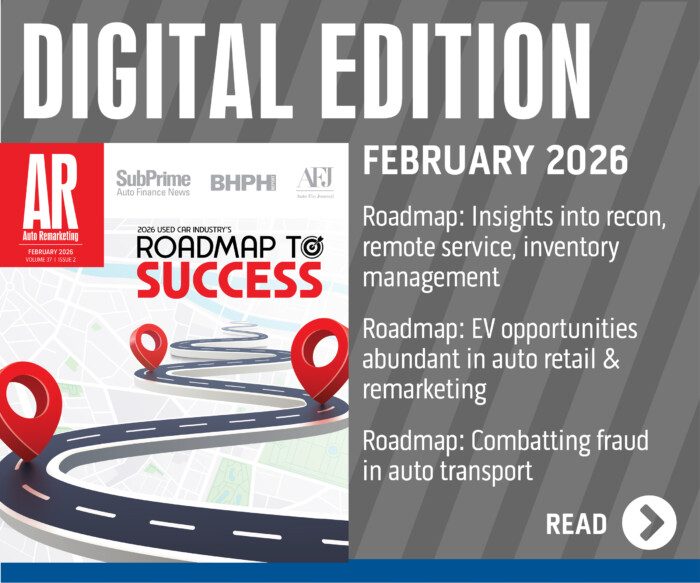COMMENTARY: Considering an improved auto-loan calculator

By subscribing, you agree to receive communications from Auto Remarketing and our partners in accordance with our Privacy Policy. We may share your information with select partners and sponsors who may contact you about their products and services. You may unsubscribe at any time.
DURHAM, N.C. –
Recent Federal Reserve data shows that more than 4 million Americans are more than 90 days late on their car loan payments.
There are many reasons someone may default on an auto loan: job loss, health emergency or an expensive car repair. And as the U.S. Financial Diaries project demonstrated, Americans face increasing income and expense volatility, which can quickly lead to financial distress. However, this high level of auto-loan defaults, combined with the rapid growth of auto-loan debt (an increase of more than 60% since 2012), suggests something else may be at work.
About 107 million Americans have an auto loan and, according to the Center for Responsible Lending, while 80% of these were indirect bank loans originated at a car dealership. To better understand how these loans are made and the possible reasons why more people are defaulting, our team went undercover in Fresno, Calif., where we went on field visits with debt collectors, listened to collections calls and tried to buy used cars at a number of car lots.
Several dealers began negotiations with prospective borrowers by asking how much they can afford every month. While focusing on this monthly number may seem like a good idea, it often masks the interest rate, term, and total cost of the auto loan. A survey of more than 600 auto loan borrowers suggests that this framing is partly responsible for the industry’s increase in average loan terms — from 62 months in 2010 to 68 months in 2017.
Sometimes consumers get loans they cannot afford. Auto loan delinquencies rose more than any other category in 2016, according to recent data from the American Bankers Association.
It seemed apparent to us that one way to combat this trend was to better arm consumers with more accurate budget and affordability information. To help, we designed and launched a prototype for a new auto loan calculator.
Subscribe to Auto Remarketing to stay informed and stay ahead.
By subscribing, you agree to receive communications from Auto Remarketing and our partners in accordance with our Privacy Policy. We may share your information with select partners and sponsors who may contact you about their products and services. You may unsubscribe at any time.
Most auto loan calculators don’t tell the whole story, focusing only on the cost of the car or loan and relying on the borrower to frame affordability or budget. Instead, we built a calculator that focuses on determining how much someone should borrow not just what they can borrow.
By considering the realistic costs of car ownership like insurance, gas, maintenance and repairs, as well as a person’s income, savings goals, and expenses, this type of calculator should help consumers identify the opportunity cost of car ownership. But does it really work?
To test how using the calculator could change consumers’ purchasing decisions, we ran an experiment using more than 1,500 consumers. By asking them to estimate the costs of vehicle ownership, then having them complete the calculator to more accurately assess these costs, we were able to have a significant influence on cost estimates.
The first key takeaway was that the auto calculator helped reduce the estimated sticker price people think they can afford from $15,000 to $12,500. Second, the calculator helped people better remember and assess car-related costs. We asked users to estimate how much they would spend each month on gas, repairs and insurance before using the calculator. That assumption of $50 per month in additional expenses rose to $89 per month after they used the calculator — a 78% increase.
Simply by priming the user to remember costs and accounting for them when considering the total monthly cost of a car, we found it’s possible to enable consumers to generate a more accurate picture of vehicle affordability. Ultimately, we can imagine significant consumer benefits from requiring car dealerships to post monthly costs at the point of car purchase for car payments as well as expected gas, repairs & maintenance, and insurance, and a total monthly car amount.
Of course, it would be naïve to think that a company or person charged with selling something won’t, in fact, try to sell it aggressively. However, given additional tools and better perspective on their overall financial health, we believe consumers can and will make smarter car purchase decisions. While this calculator can certainly help, the opportunity exists for the auto loan industry and its stakeholders to build on this prototype approach to craft even more powerful ways to equip future car buyers.
Wendy De La Rosa is co-founder and Richard Mathera is an advisor to Common Cents Lab, which is a financial and behavioral-science based research program out of Duke University and is in association with the Center for Advanced Hindsight.


